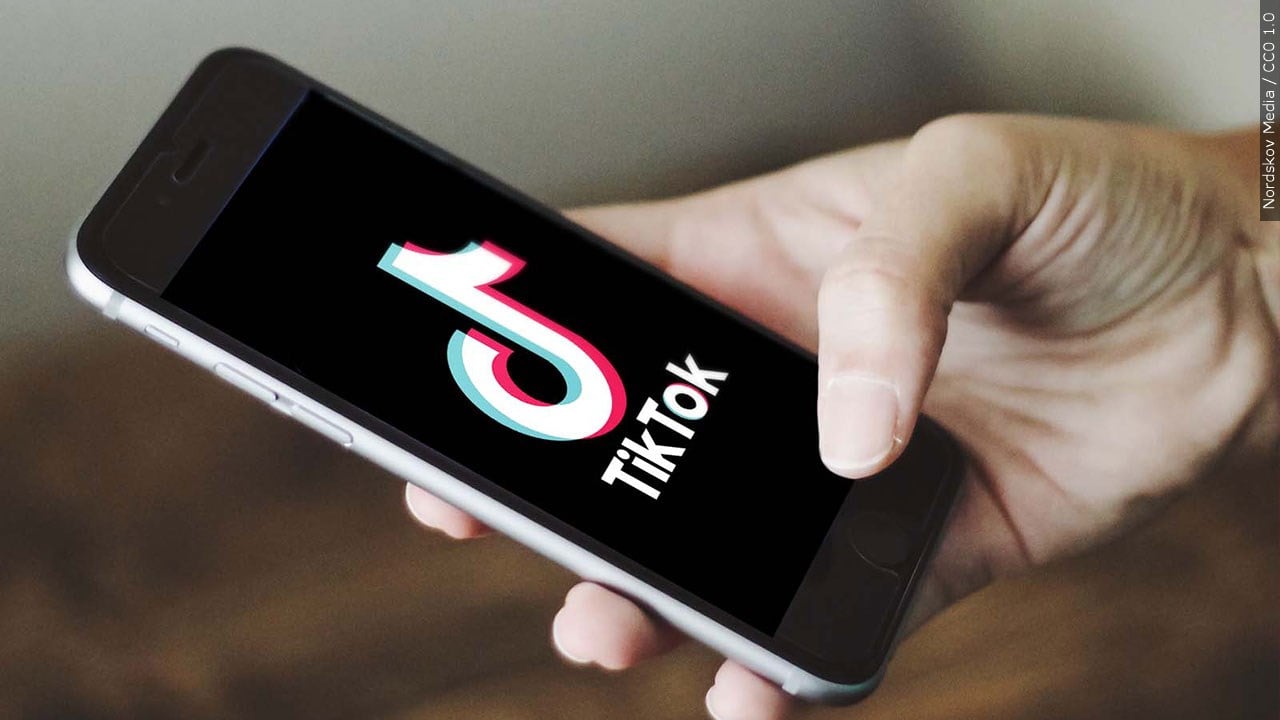The future of TikTok, one of the world’s most influential social media platforms, appears to be reaching a turning point as discussions between Washington and Beijing head toward a long-awaited agreement.
In recent years, TikTok has stood at the center of a geopolitical tug-of-war that goes far beyond viral videos and entertainment trends. The platform, owned by the Chinese company ByteDance, has grown into a global phenomenon, amassing hundreds of millions of users and reshaping digital culture across borders. Yet its very popularity has also triggered political, security, and economic debates that extend from the United States to Asia, Europe, and beyond. Today, all eyes are on former U.S. President Donald Trump and Chinese President Xi Jinping, as they are expected to conclude an agreement that could redefine not only TikTok’s operations but also the wider tech relationship between the two nations.
What makes this moment particularly significant is the complexity of the issues at stake. For Washington, concerns have long revolved around data security, user privacy, and the potential influence of a Chinese-owned platform on American society. For Beijing, the matter involves defending national business interests and asserting its position in the global technology race. The negotiations between Trump and Xi are therefore not only about a single app but also about broader questions of trust, sovereignty, and the balance of power in the digital age.
A platform entangled in international politics
Since its meteoric rise, TikTok has been more than just an app for short videos. It has become a space where creators can launch careers, where businesses can reach new audiences, and where cultural trends spread faster than ever before. However, the very factors that made TikTok successful have also sparked unease. Critics in the United States have argued that the app could provide Beijing with unprecedented access to the personal data of American citizens, potentially putting national security at risk.
For several years, this concern has inspired political discussions, with representatives, regulatory bodies, and government authorities advocating for tighter rules or complete prohibitions. Meanwhile, TikTok’s executives have repeatedly refuted claims of misconduct, highlighting their dedication to protecting user information and maintaining openness in how they operate. Still, the app’s association with ByteDance and the wider Chinese technology sector continues to fuel the debate, turning it into a central issue in the ongoing strained U.S.-China relations.
Financial interests and digital independence
The negotiations taking place today are not only about politics but also about economics. TikTok generates billions of dollars in advertising revenue and has become a powerful tool for small businesses and entrepreneurs. For the United States, reaching a deal that ensures local oversight of data and operations could allow the app to continue contributing to the economy without being viewed as a security liability. For China, allowing TikTok to remain active in the U.S. market safeguards an important business interest and prevents one of its most successful global digital exports from being dismantled abroad.
The idea of digital sovereignty also looms large in these talks. Countries around the world are increasingly determined to protect their citizens’ data and set clear rules about how international tech companies operate within their borders. The TikTok case illustrates the difficulties of balancing openness with security, innovation with regulation, and global connectivity with national interests. Whatever agreement Trump and Xi reach today will likely serve as a precedent for how similar disputes are handled in the future.
The road to an agreement
Discussions between Washington and Beijing regarding TikTok have been lengthy and fraught with obstacles. At different points, the possibility of forcing ByteDance to sell its U.S. operations, banning the app altogether, or allowing it to continue with stricter oversight have all been on the table. Each option came with its own complications, ranging from legal challenges to resistance from the app’s vast user base.
The anticipated deal suggests that both governments have recognized the need for a compromise. For the U.S., it could mean gaining more control over how data is stored and managed, possibly through partnerships with American firms. For China, it allows ByteDance to retain ownership while making concessions that address Washington’s most pressing concerns. Though the exact details of the agreement remain closely guarded, the fact that both Trump and Xi are directly involved indicates its importance at the highest political levels.
The response from the general audience and the technology sector will be quite revealing. Those who use TikTok, those who create content on it, and companies that depend on it will be keen to learn about the platform’s potential stability in the United States. Shareholders and rivals will pay close attention, as the results might affect stock prices, business tactics, and the framework of rules governing other social media services.
The resolution of this long-running issue carries weight far beyond TikTok itself. It represents a test of how two of the world’s largest economies can manage disputes in the digital sphere while protecting their own interests. As technology continues to evolve and cross borders with ease, the challenge of balancing innovation with security will only intensify. Today’s deal, if finalized, will mark a pivotal chapter in that ongoing story.



